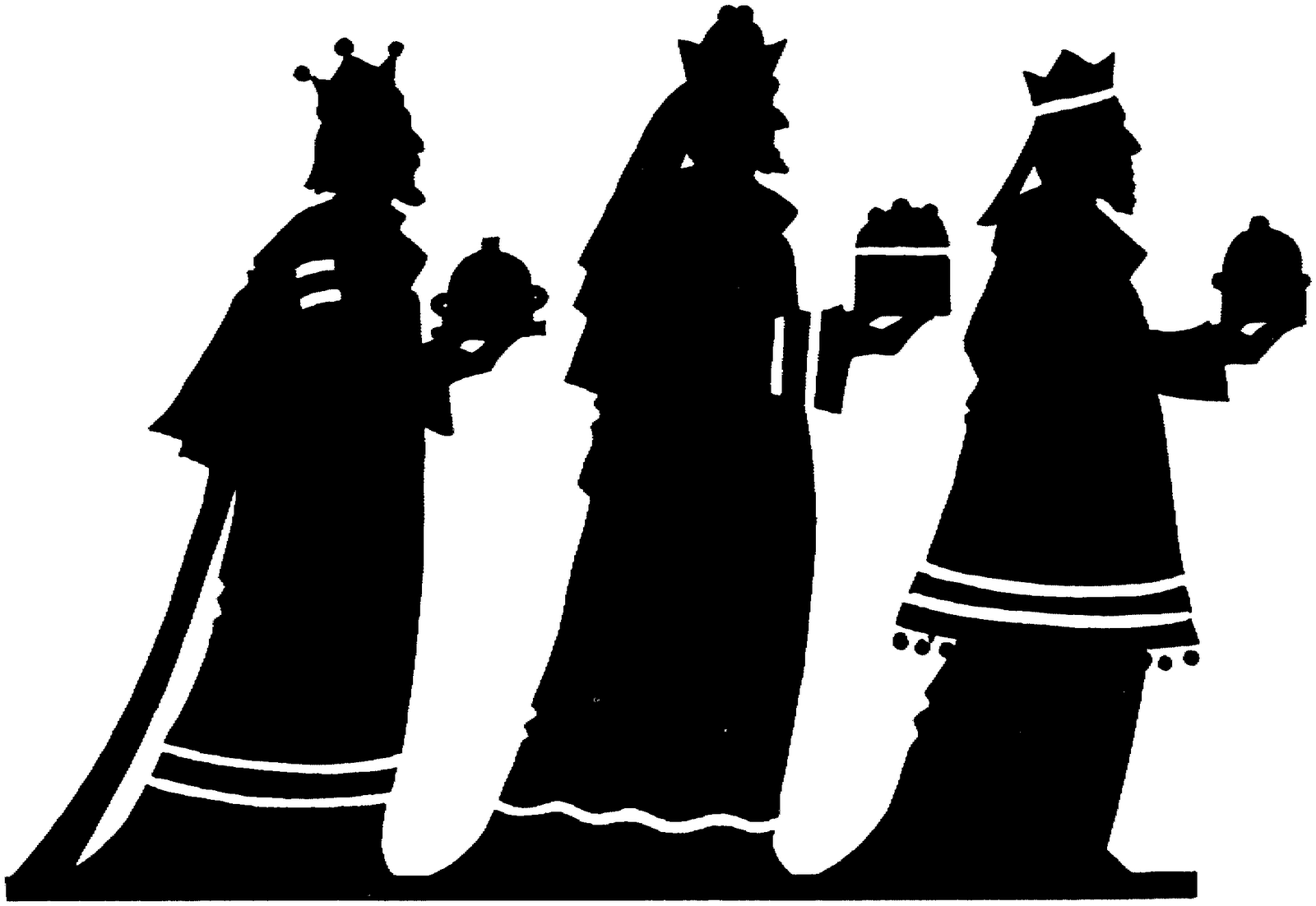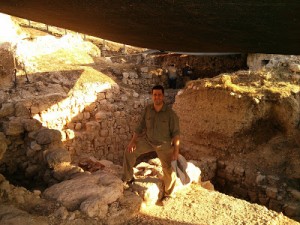
Q. This Sunday, January 3, we celebrate the Epiphany of our Lord (although in many regions it is still celebrated on its traditional date of January 6). What does the Feast of the Epiphany really about?
A. The Catechism of the Catholic Church explains this in paragraph 528:
“The Epiphany is the manifestation of Jesus as Messiah of Israel, Son of God and Savior of the world. The great feast of Epiphany celebrates the adoration of Jesus by the wise men (magi) from the East, together with his baptism in the Jordan and the wedding feast at Cana in Galilee. In the magi, representatives of the neighboring pagan religions, the Gospel sees the first-fruits of the nations, who welcome the good news of salvation through the Incarnation. The magi’s coming to Jerusalem in order to pay homage to the king of the Jews shows that they seek in Israel, in the messianic light of the star of David, the one who will be king of the nations. Their coming means that pagans can discover Jesus and worship him as Son of God and Savior of the world only by turning toward the Jews and receiving from them the messianic promise as contained in the Old Testament. The Epiphany shows that “the full number of the nations” now takes its “place in the family of the patriarchs,” and acquires Israelitica dignitas (are made “worthy of the heritage of Israel”).
Q. Why is Psalm 72 used as the Responsorial Psalm today?
A. Consider these passages from Psalm 72, which were really written about the “Son of David”, King Solomon, but can certainly be applied to King Jesus, the Son of David:
8 May he have dominion from sea to sea,
and from the River to the ends of the earth!
9 May his foes bow down before him,
and his enemies lick the dust!
10 May the kings of Tarshish and of the isles
render him tribute,
may the kings of Sheba and Seba bring gifts!
11 May all kings fall down before him,
all nations serve him!
12 For he delivers the needy when he calls,
the poor and him who has no helper.
13 He has pity on the weak and the needy,
and saves the lives of the needy.
14 From oppression and violence he redeems their souls;
and precious is their blood in his sight.
15 Long may he live,
may gold of Sheba be given to him!
May prayer be made for him continually,
and blessings invoked for him all the day!
16 May there be abundance of grain in the land;
on the tops of the mountains may it wave;
may its fruit be like Lebanon;
and may men blossom forth from the cities
like the grass of the field!
17 May his name endure for ever,
his fame continue as long as the sun!
May men bless themselves by him,
all nations call him blessed!
The similarities are obvious: just as “kings” render Solomon precious gifts, including “gold”, the magi bring Jesus gifts. Just as these Kings discovered Solomon enthroned along with the Queen Mother (the Gebirah), Bathsheba, the Magi discover Jesus enthroned with the Queen Mother of his Kingdom, Mary.
Note: Incidentally, the reason Canada is called “The Dominion of Canada” is because of verse 8: “May he have dominion from sea to sea, and from the River to the ends of the earth!” May that be the case indeed!


 I was recently interviewed for the popular series on the Archdiocese of Toronto’s blog called “Faces of our Faith”. I was asked about why I began The Faith Explained Seminars, what the biggest need in the Church is right now, and a bunch of other fun questions. To check it out, go
I was recently interviewed for the popular series on the Archdiocese of Toronto’s blog called “Faces of our Faith”. I was asked about why I began The Faith Explained Seminars, what the biggest need in the Church is right now, and a bunch of other fun questions. To check it out, go